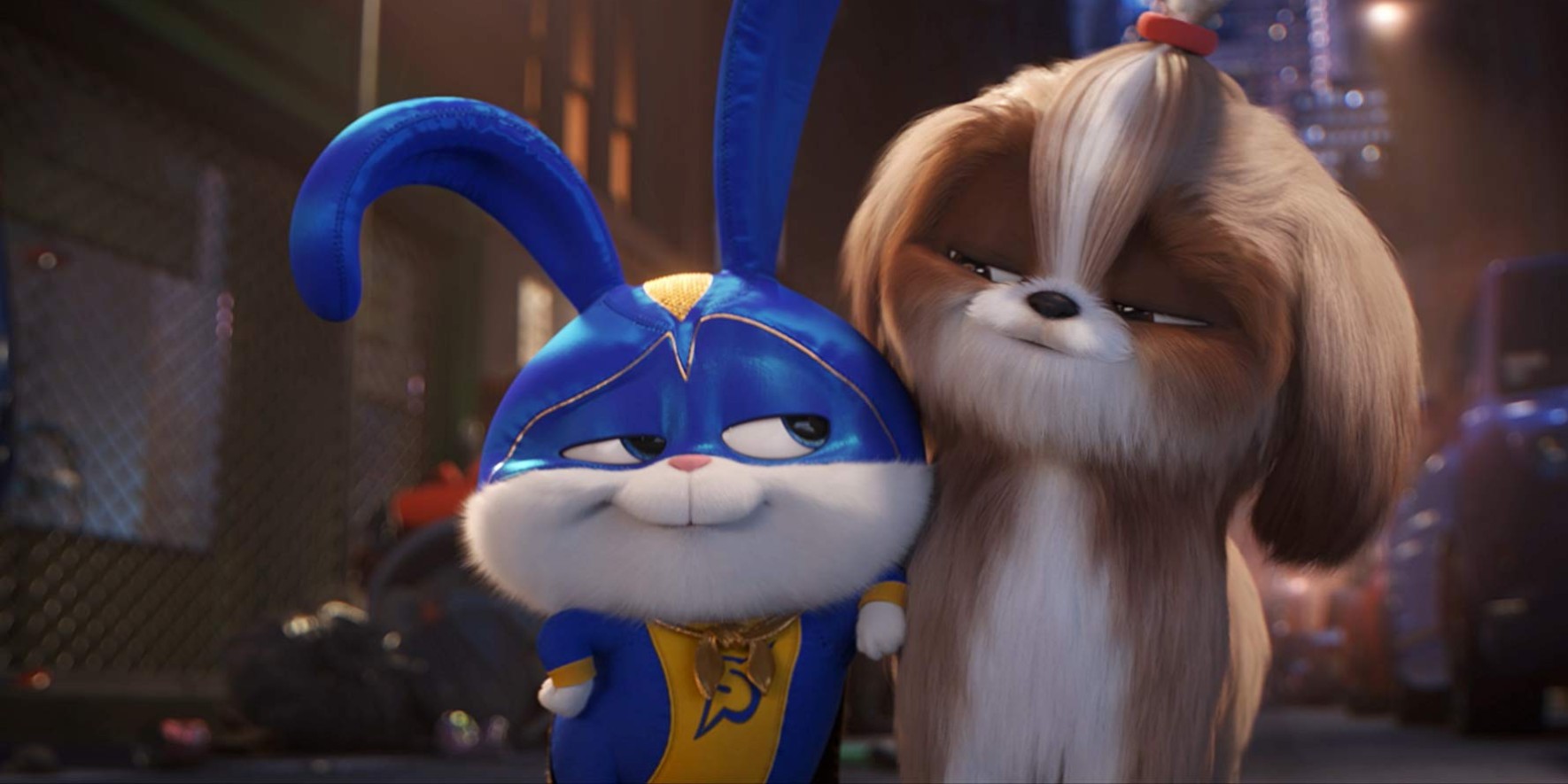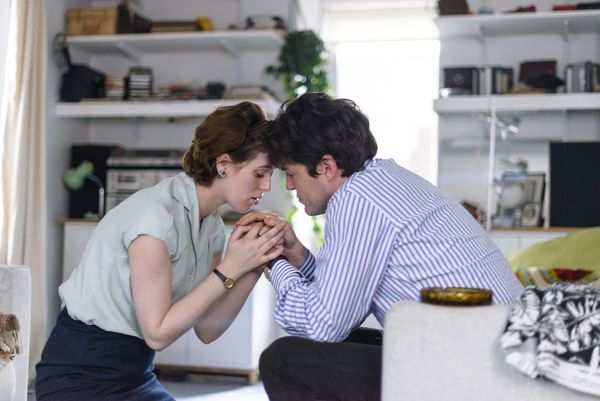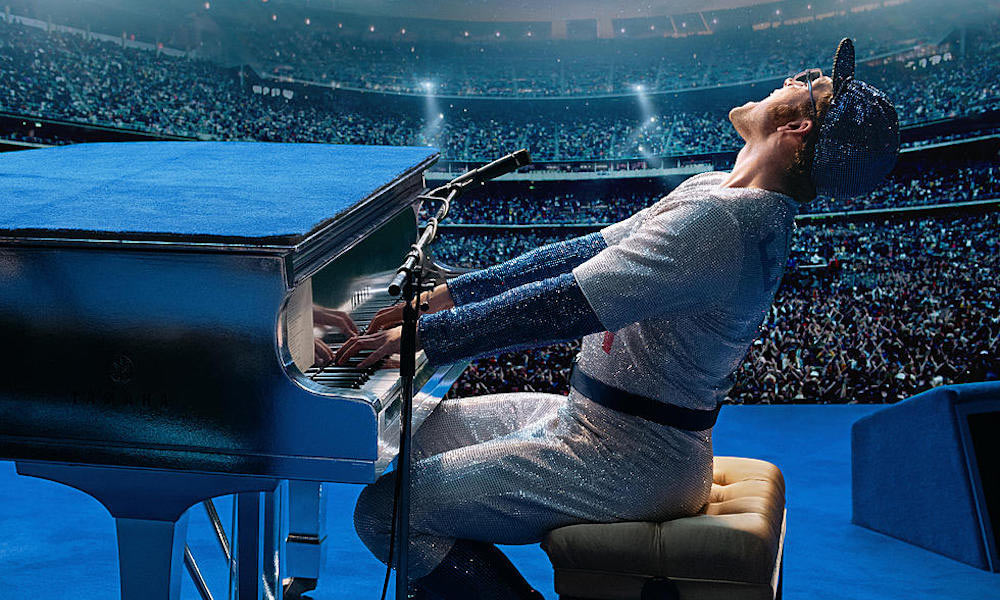Men in Black: International
by Hope Madden
Someone somewhere at some recent point in history must have said, “What we need is another Men in Black movie.”
Someone else surely disagreed, suggesting that they’d beaten that dead alien long enough.
“We’ll change it up,” this imaginary and somehow sad conversation continued. “Hire a new director, new writers, new actors, take it international. It’ll be—”
“Great?!”
“—mediocre.”
And there you have it. F. Gary Gray (Straight Outta Compton) directs an entirely new batch of humans in black as they don sunglasses, erase memories and suss out an alien conspiracy in their ranks, this time on European soil.
Tessa Thompson shines, as is her way, starring as Molly, a tenacious nerd who’s tracked down this mystery organization in hopes of a shot at joining. Head of the US division, Agent O (Emma Thompson—no relation that we know of, but how cool would that be?!) reluctantly gives her a shot.
As expected, all scenes between the Thompsons spark. And, as T. Thom has proven twice already, she shares solid onscreen chemistry with Chris Hemsworth, here portraying her new partner, H.
Gizmo-riffic adventures follow, although it’s pretty soft. There are a couple of fun sight gags, especially one with a hammer. Kumail Nanjiani pops off a few drolly comical lines as this go-round’s cute little alien sidekick, Pawnie.
Then the three are off to Marrakesh, then a fortress island, back to London, a desert, and London again all in pursuit of answers about a tiny little device and the evil twins looking for it. But the storyline was never really the MIB selling point, it was the relationship between the partners.
Thompson and Hemsworth seem like fine choices, having shown both chemistry and comedic spark in Thor: Ragnarok. But Thompson’s early, geeky charm is given little opportunity to show itself once she dons the black suit, and Hemsworth—fun enough as he, once again, basically mocks his own persona—has even less opportunity.
Writers Matt Holloway and Art Marcum don’t articulate enough in the way of plot or character arc and Gray’s listless direction leaves us with a Summer popcorn muncher that coasts rather than thrills.













